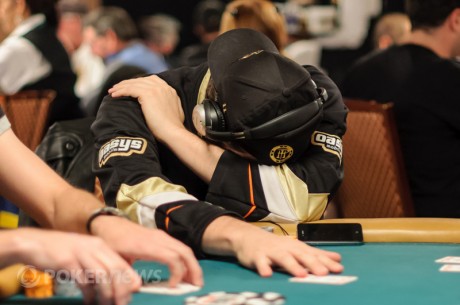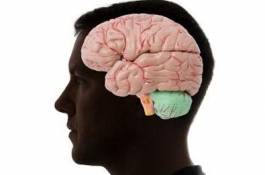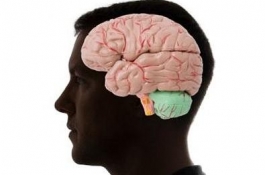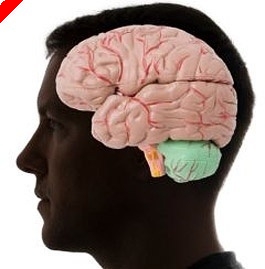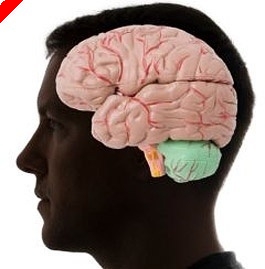The Poker Shrink, Volume Eight �C What is Poker Psychology, Part Two
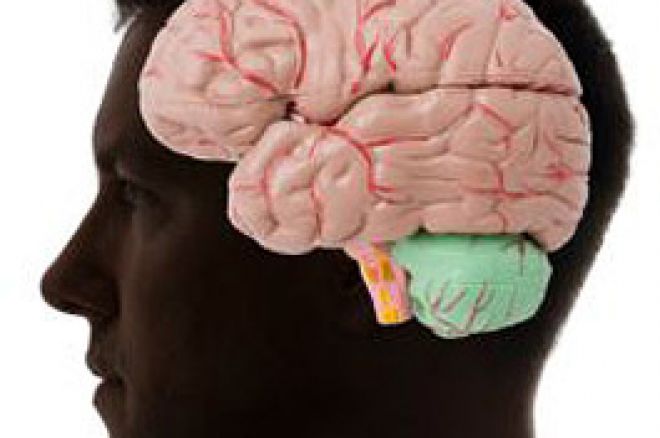
In Part One of this series on Psychology and Poker, I talked about the basics of what psychology is. In this article I want to come at this from a different angle by talking about what is not poker psychology. I said last week that poker psychology is mostly about behavior - both yours and your opponents. Using poker psychology to better your game is about noticing the behavior of your opponents and using that information to make more profitable decisions. Poker psychology is also about using information to manipulate your opponents into changing their behavior to your advantage. Finally, psychology also helps you to recognize and disguise your own behavior at the poker table.
The most common aspect of poker that is often referred to when talking about poker psychology is reading opponents, however, reading a player at the table is not poker psychology. Let me explain.
Imagine you have just arrived at a neighborhood party. Just before arriving at the same party one couple had a fight, the wife in another couple got news that her father had been taken ill and she would be flying out in the morning to be with her dad. The husband in another pair just finished a year long project the day before and his small company won their biggest contract ever. And one lady had some of the best sex of her life last night, she is accompanied at the party by her husband, whom she was not with last night.
Now are you the type of person who might pick up on any of this from just talking with these people? Do you have a natural ability to sense emotions or mental state in others behavior, speech or body language? If so, then you have a natural ability to read people and you have a great advantage in learning to read poker players. Or are you the guy who doesn't know his wife or girlfriend is upset until the cup hits the wall beside your head. Well, fortunately this ability to read someone is a skill that can be learned whether you have the natural head start or not. But this skill in reading players is not psychology; it is just a skill. Reading players is a necessary poker ability in the same category as knowing pot odds and calculating your outs on the river.
So what's the big deal with whether or not reading players is psychology or not? Well the issue is that many players think they are reading opponents when they are only reading patterns of play.
Seat two likes to trap and traps with his big hands but not his monster hands; he pushes hard with his monsters. Good read. Seat seven tosses his chips in the pot on a bluff and places them in with a made hand. Another good read but still not psychology. These reads will make you and save you money. Using the reads to alter the game will make you a winner. Psychology inspects the behavior of different players and using psychology allows you to interpret and even change their behavior to your advantage. Let's look at an example with seat two.
Our read is that seat two traps with big hands but not monsters. Traps are cheap to call down, seat two is trying to get you to bet for him. So with your read you now psychologically manipulate. You check along on several of his traps and when he springs it you fold and comment: "You got that flush, huh?" or "Hit it on the river, did ya?" Small investments in small bets and comments that appear to suggest you are unaware of the traps. Later, when you have the nuts and seat two traps you can come over the top for all of those small bets plus the big bet he made and often, because his "move" worked in the past, he will call you down or push all-in with second best.
Poker Psychology is an add-on to your basic poker skill set. You first observe the behavior; then you connect the behavior to a playing pattern and finally you use that knowledge to manipulate the game to your advantage. Next week, more on poker psychology.
Questions and Comments to [email protected]
Ed Note: Start trapping with your monster hands at Party Poker today...




